|
Hailed as one of the world’s leading tenors, German-Canadian tenor
Michael Schade performs on every major opera stage and in the most
prestigious concert halls of the world. His art form embraces a wide
repertoire of performances in opera, recital, concert, and recording.
He continues his close collaboration with the Vienna State Opera
in the 2014/15 season returning for a new production of "Idomeneo" under
Christoph Eschenbach
and Kasper Holten. At the Vienna State Opera, Michael Schade has performed
all of the leading Mozart and Strauss roles. His subtle, yet powerful
interpretation of Dvořák’s "Rusalka", Mozart's "La clemenza
di Tito" and in Strauss' "Capriccio" with Renée Fleming
won him critical acclaim and high praise from audiences.
He frequently performs at the Metropolitan Opera, the Munich Opera
and the Canadian Opera Company, where he debuted his highly acclaimed
Eisenstein in "Die Fledermaus" last season, at the Teatro alla
Scala in Milan, the Liceu Barcelona, the Royal Opera House Covent Garden
and the Opéra Bastille in Paris. In November 2013 Michael Schade
was invited back by Simone Young to debut "Peter Grimes" at
the Hamburg State Opera where his award winning Aschenbach in "Death
in Venice" was their most recent collaboration. The unanimous critical
acclaim for these role debuts, which includes his first Florestan in
Beethoven’s "Fidelio" at the Theater an der Wien under Nikolaus Harnoncourt,
have paved the way for more dramatic parts to be added to his already
impressive repertoire. Further highlights include Berg’s "Lulu" with
Fabio Luisi at the Metropolitan Opera, and "Idomeneo" with the Nederlandse
Opera in Amsterdam and a new production of "Don Giovanni" for
which he will return to the Canadian Opera Company in Toronto.
As one of the favorite artists of the Salzburg Festival for almost
two decades, Schade has appeared in new stagings of Mozart’s "La clemenza
di Tito", Purcell’s "King Arthur", Mozart’s "Die Zauberflöte", Haydn’s
"Armida", Cherubini’s "Medée" and von Winter’s "Das Labyrinth".
Recent highlights in Salzburg include Haydn’s "Creation" and "Seasons"
under the baton of Harnoncourt and Schubert’s "Die schöne
Müllerin" with Rudolf Buchbinder. In 2008 he initiated and
was appointed the Creative Director of the Salzburg Festival’s Young Singers
Project, where his public master classes are an audience favorite. In
summer 2014, he presented himself in the title role of Schubert's "Fierrabras"
with the Vienna Philharmonic Orchestra under Ingo Metzmacher, directed
by Peter Stein.
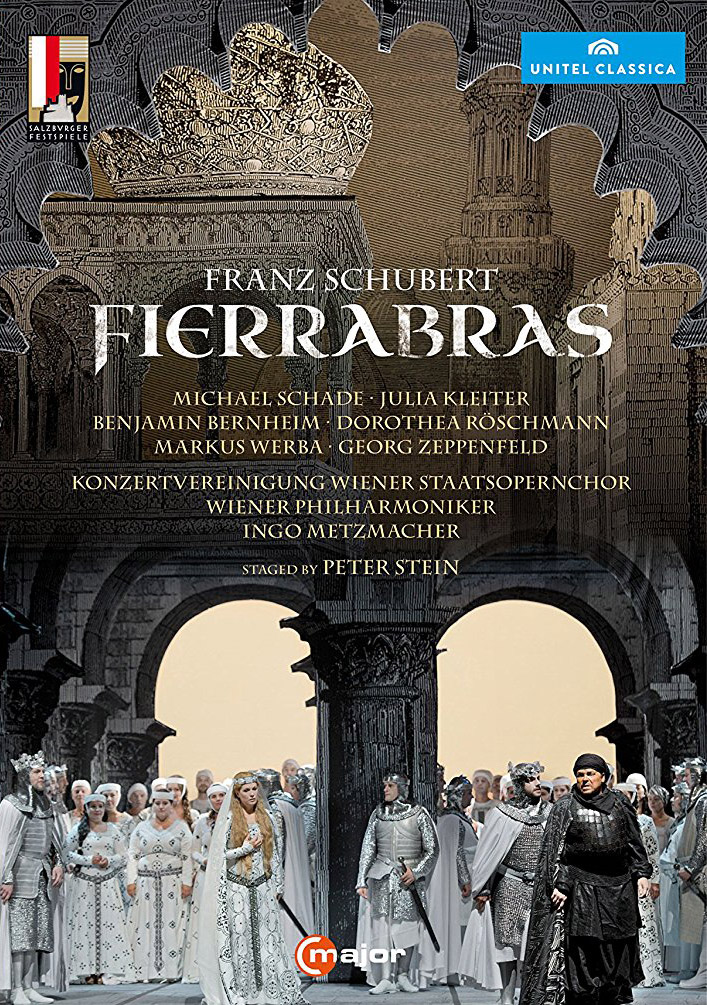
In addition to his opera career, Schade has earned a reputation
as a stellar concert and recital soloist. His immense repertoire ranges
from Bach’s Cantatas and Passions to Mahler’s "Lied von der Erde".
He is frequently invited to perform with the leading orchestras and their
renowned conductors such as Claudio Abbado, Ivor
Bolton, Pierre Boulez,
Semyon Bychkov, Riccardo
Chailly, Christoph
von Dohnányi, Valery Gergiev, Daniel
Harding, Mariss Jansons,
Philippe Jordan, James
Levine, Fabio Luisi, Zubin Mehta, Riccardo Muti,
Kent Nagano, Peter Oundjan, Sir Simon Rattle, Helmuth Rilling,
Christian Thielemann,
Robin Ticciati, Franz Welser-Möst, and Simone Young. Furthermore,
his musical activities are strongly influenced by his frequent collaboration
with Nikolaus Harnoncourt.
His 2013/14 season included Berlioz’ "Damnation de Faust" with
the Montreal Symphony Orchestra under Kent Nagano, Mahler’s "Das
Lied von der Erde" with the Boston Symphony Orchestra under Daniel
Harding, Mendelssohn’s "Walpurgisnacht" with the Munich Philharmonic
Orchestra under Pablo Heras-Casado, Beethoven’s "Missa solemnis" with
Sir Roger Norrington at New York’s Carnegie Hall and Bach’s "St.
Matthew Passion" and Haydn’s "Seasons" under Nikolaus Harnoncourt
at Vienna’s Musikverein and in Melk. The current season leads Mr. Schade
to Vienna’s Musikverein for Haydn’s "Creation" with Nicolaus Harnoncourt,
to the Concertgebouw in Amsterdam for Bach’s "St. John Passion", to Luxembourg
and Seoul for Beethoven’s "Ninth Symphony" with Iván
Fischer and for the same work under Paavo Järvi in Paris and finally
to the Gewandhaus in Leipzig where he will perform Mendelssohn’s "Lobgesang"
and Rossini’s "Stabat Mater" under the baton of Riccardo Chailly.
Michael Schade’s undisputed accomplishments and charm as a recitalist
have inspired audiences at every major venue, including the Musikverein,
Konzerthaus and State Opera in Vienna, the Concertgebouw Amsterdam,
New York’s Alice Tully and Carnegie Halls, London’s Wigmore Hall, Verbier
Festival, Schubertiade Schwarzenberg, Grafenegg Festival, and La Scala
in Milan. His schedule for the current season includes recitals at the
Wigmore Hall, Concertgebouw in Amsterdam, Salzburg’s Mozartwoche and the
Konzerthaus in Vienna.
A prolific recording artist, Michael Schade has performed in
Bach’s "St. Matthew Passion" with Harnoncourt which was awarded
a Grammy for the best choral work. In a close artistic relationship
with Maestro Harnoncourt, he has also recorded Handel’s "Messiah",
Verdi’s "Requiem", Haydn’s "Orlando Paladino", Mozart’s "Zaide" and
"La clemenza di Tito". Other notable recordings include Mahler’s "Lied
von der Erde" with the Vienna Philharmonic Orchestra and Pierre Boulez,
Mozart’s "Requiem" with the Berlin Philharmonic under Claudio Abbado,
and Grammy nominated "Daphne" with Renée Fleming under Semyon Bychkov,
including live recordings of the Mozart Gala at Salzburg Festival. His
list of awards includes three Junos for CBC Records’ "Die schöne
Müllerin" with Malcolm Martineau, Soirée Française
and Mozart: Arie e Duetti. Recently he was featured in live recordings of
"Die schöne Müllerin" with Rudolf Buchbinder at Grafenegg and
DVDs of "Arabella" (Vienna State Opera), "Das Labyrinth" (Salzburg Festival)
and of the "Summer Night Concert" of the Vienna Philharmonic Orchestra
(Schönbrunn) in 2013 under the baton of Lorin Maazel.
In 2007, the Republic of Austria appointed Michael Schade to Kammersänger
for his exceptional cultural merits. Mr. Schade was artist-in-residence
at the Musikverein in Vienna, featuring his own subscription series
in the 2009/10 season. He is the Artistic Director of the Hapag Lloyd
Stella Maris International Vocal Competition and, together with Dee McKee,
initiator of the Red Ribbon Celebration Concert, a fundraising initiative
for the Clinton Health Access Initiative. The Internationale Barocktage
Stift Melk has appointed Mr. Schade its Artistic Director through 2019.
-- Biography [text only] from the artist's
website.
-- Names which are links in this box and below refer to my
interviews elsewhere on my website. BD
|
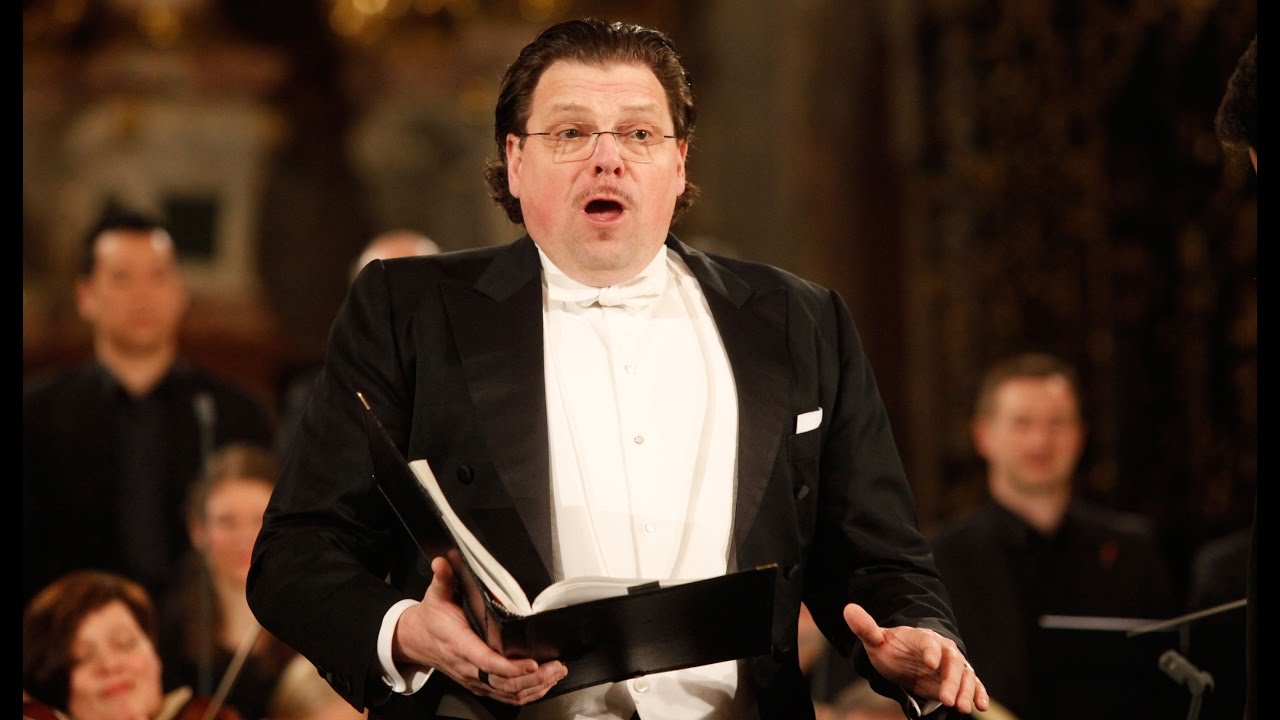

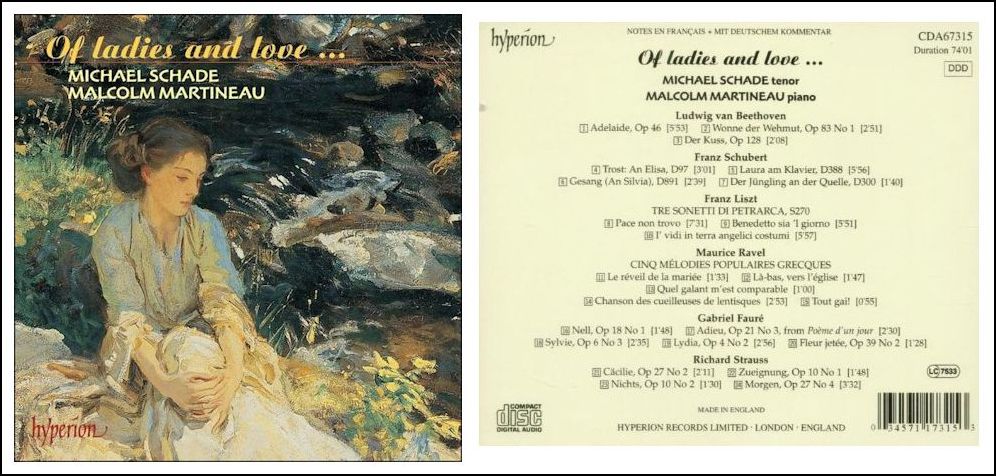
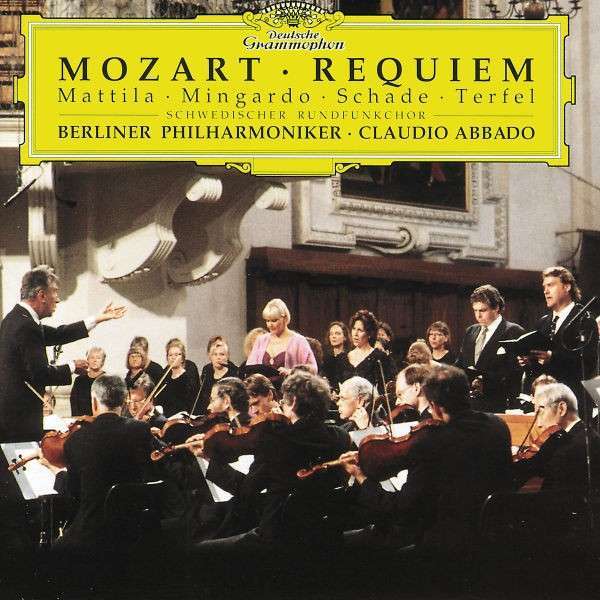 It was during his first visit in 1999 that we had the
opportunity to sit down for a conversation. Like his onstage character,
Schade was eager to speak about the topics, and we had a lively and wide-ranging
chat.
It was during his first visit in 1999 that we had the
opportunity to sit down for a conversation. Like his onstage character,
Schade was eager to speak about the topics, and we had a lively and wide-ranging
chat.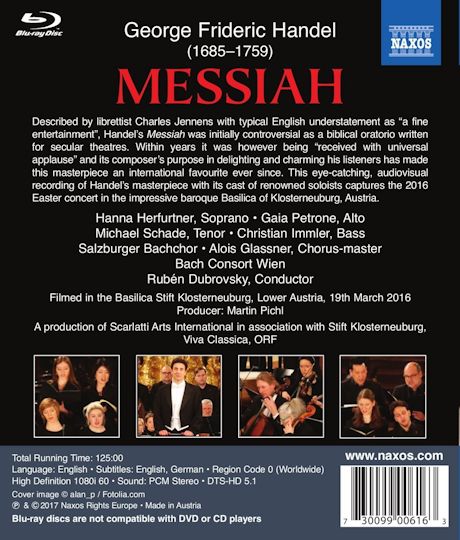 BD: From your observation, is there
an American sound yet?
BD: From your observation, is there
an American sound yet?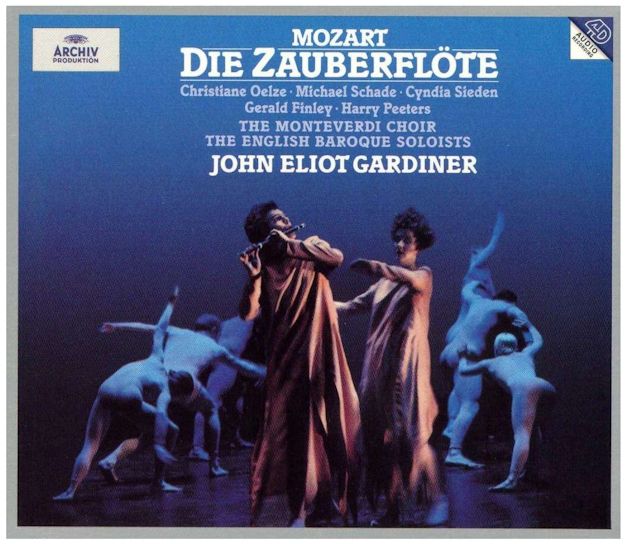 BD: So you’ve been taught to sing
Wagner properly?
BD: So you’ve been taught to sing
Wagner properly?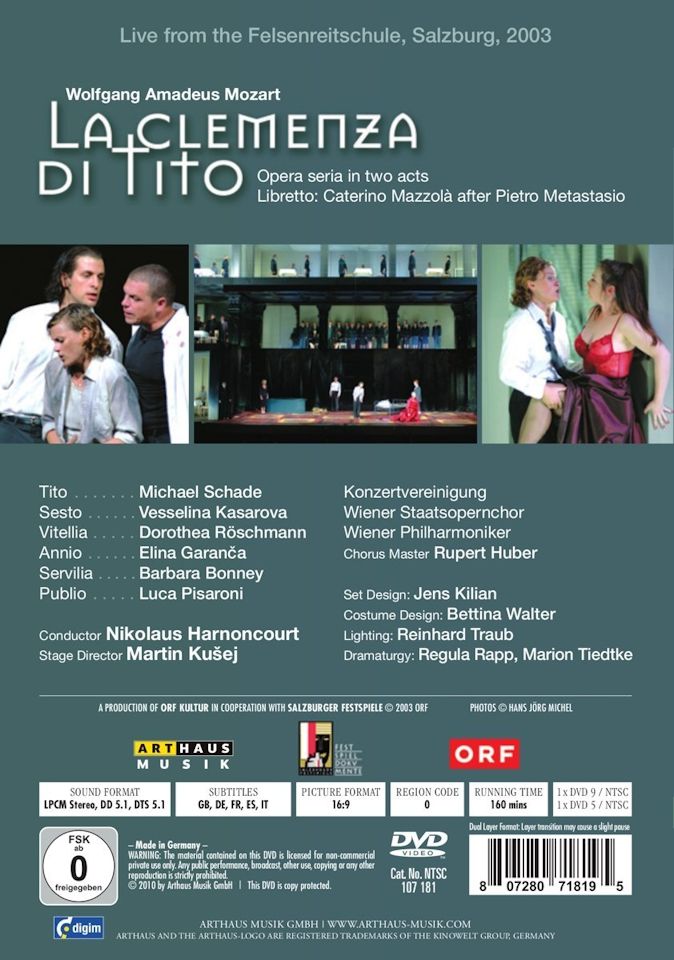 BD: I trust you don’t feel deprived
not being able to sing Otello or Enrico in Lucia, or even the
Duke in Rigoletto?
BD: I trust you don’t feel deprived
not being able to sing Otello or Enrico in Lucia, or even the
Duke in Rigoletto?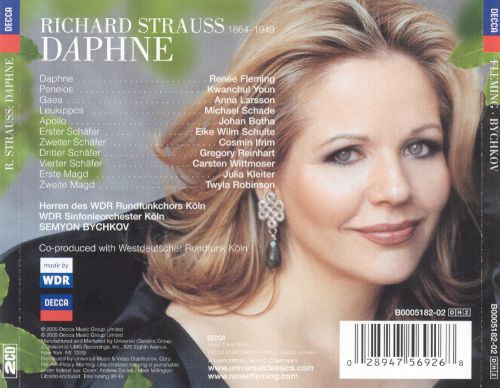 MS: [Smiles] Actually, the
same approach to solving problems has really enabled me to have a
very systematic approach to studying roles. I still look at that
as a very important part.
MS: [Smiles] Actually, the
same approach to solving problems has really enabled me to have a
very systematic approach to studying roles. I still look at that
as a very important part.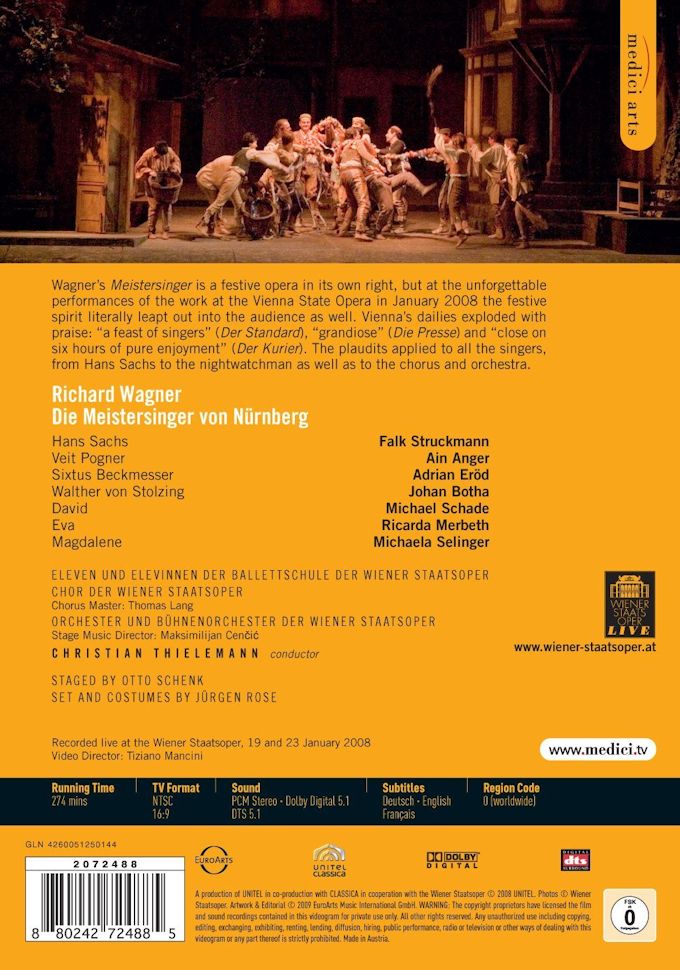 BD: What about Tamino and Pamina?
Are they happy?
BD: What about Tamino and Pamina?
Are they happy?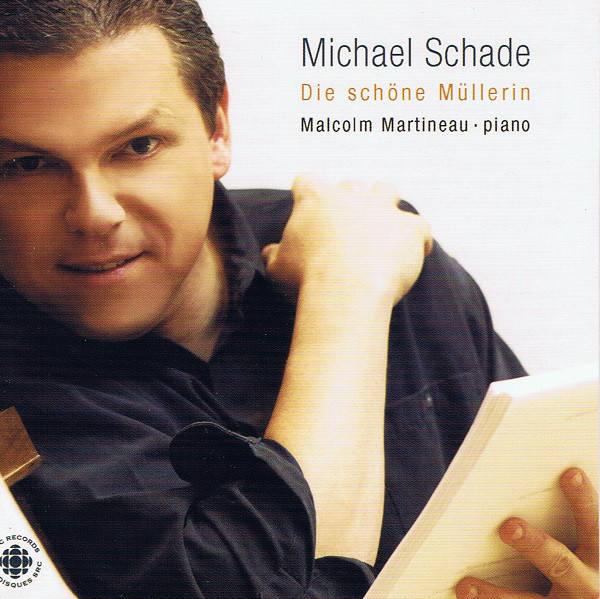 BD: Are these characters, real people?
BD: Are these characters, real people?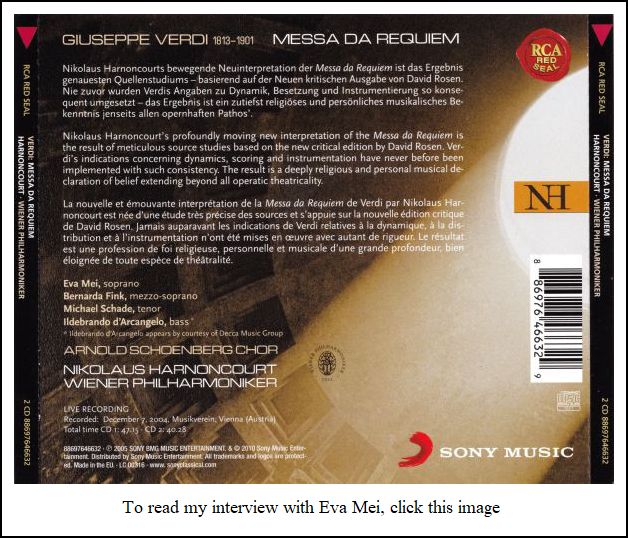 BD: It’s all the peripheral stuff as well as the
performance on stage?
BD: It’s all the peripheral stuff as well as the
performance on stage?